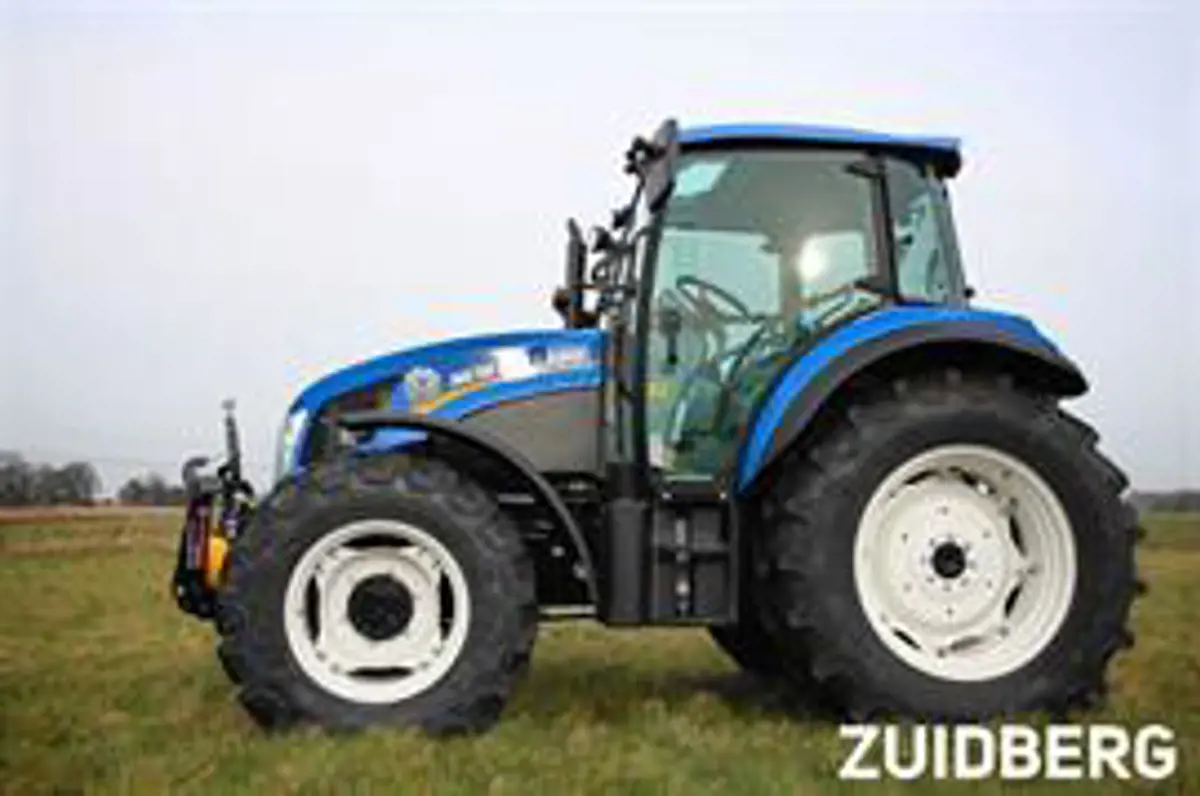
The soil; since agriculture began many centuries ago, the soil has been one of the major means of production for farmers. After all, we would not be able to grow crops at all without the soil. The soil provides plants with nutrients and moisture; it gives their roots a solid base in which to establish. A well-balanced soil pretty much guarantees the successful growing of crops.
The population of the world has grown explosively over the past 100 years, and the demand for food has grown with it. We have managed to respond to that demand with innovative solutions and an immense increase in scale – and all still reliant on that very same soil. But there is a downside to the obvious choice of 'more and bigger'. The soil that we need so very much for the growing of crops has been under great pressure in the last few decades. Intensive use of the soil and the heavy machinery we now use to work it have led to soil compaction – an increasing cause for concern all over the world. Are we losing sight of the importance of soil health for agricultural production? It is our responsibility to find a solution to this problem, and to ensure that the importance of a healthy soil is not forgotten.
|
The increasing need to produce more food forces us to look at our soil from a different perspective. In doing so, we are having to face factors that hugely impact the use of our soil, but over which we have very little control. For example, the price of agricultural land is increasing due to its scarcity, so we need to get maximum efficiency out of our crops. Climate change is also likely to lead to more episodes of either drought or too much rainfall, and as a result we may have to operate more often in conditions that are not optimal. Soil compaction is perhaps the most treacherous phenomenon disturbing the balance of the soil. Much of it may be happening beyond our field of observation, but the compaction resulting from the intensive use of heavy machinery is affecting soil vigour, and water, oxygen, organic substances, nutrients and structure are no longer in perfect balance. This means that the rooting of plants is impaired, crops are more prone to stress, and the reliability of the harvest gradually decreases. Things go from bad to worse. What we can control, however, are the technical resources that can reduce the intensity of operations on the field and minimise pressure on the ground. For example, combining working passes can reduce ground pressure by 50%, as well as significantly saving on labour costs. We can also de-stress the soil in a future-proof way by increasing the contact surface between machine and soil, while still maintaining capacity. Only by operating in this way will we give the soil an opportunity to recover. Scientific research has demonstrated that a bigger contact surface leads directly to decreased compaction, and reduced compaction will result in improved growth and an increase in the reliability of the harvest. If we are committed to dealing with our planet in a responsible manner which will allow our children a future, then we must assume that responsibility together. Zuidberg has already made that choice. Isn’t it time you joined us? Curious? Watch the video 'Sustainable use of our soil'.
|
|
|
|
|
|
|
|
|
|
|
|
|
|